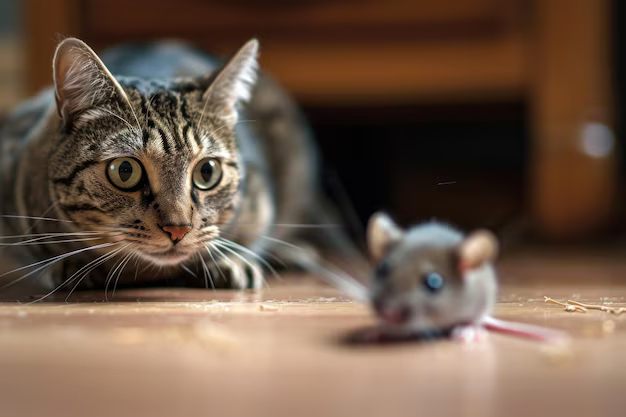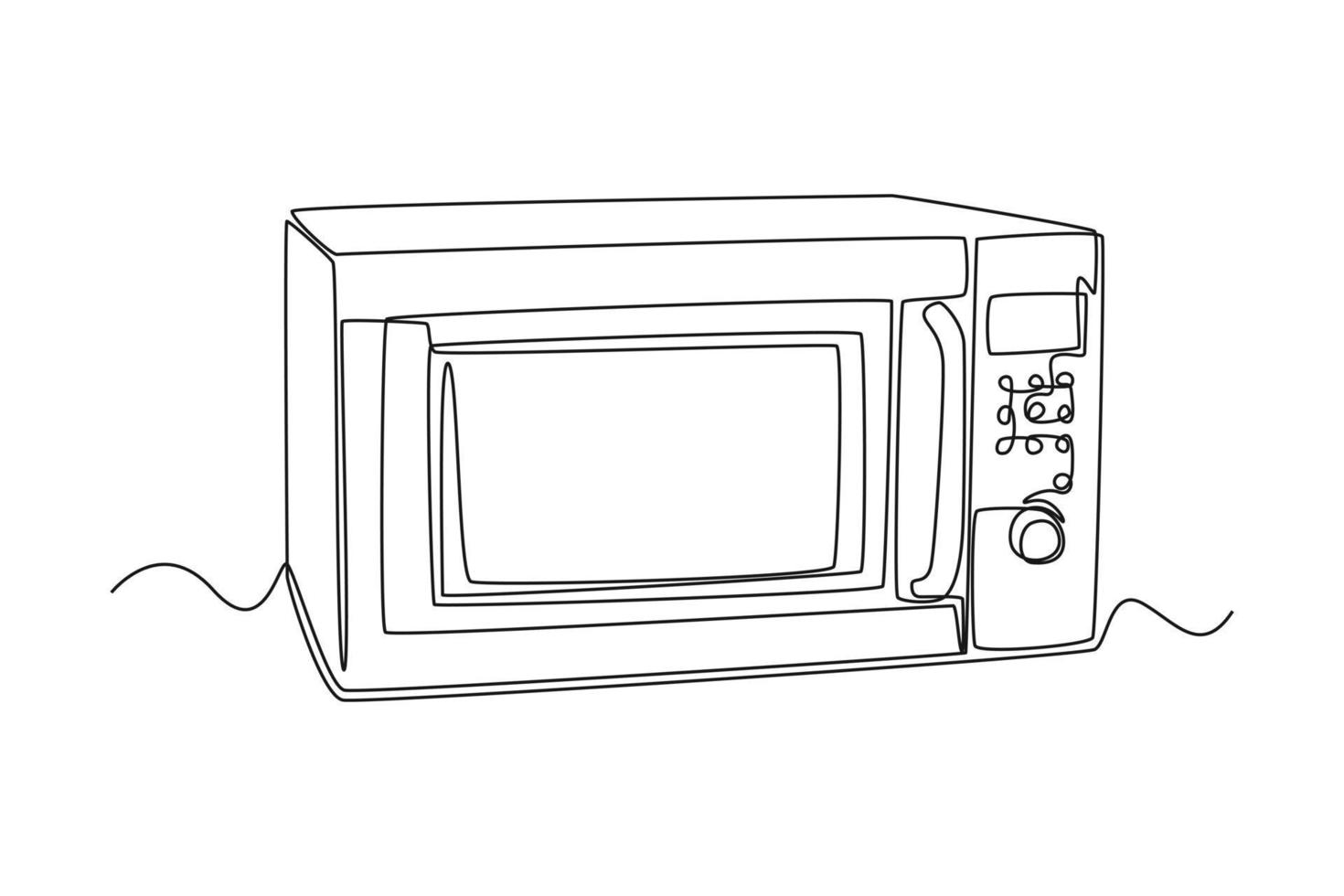
A Kilimani cat caught and ate a rat
This week, I witnessed something absurd. A cat in Kilimani, with a live rat kicking to save its life, clenched in its jaws like a tiny furry assassin hunting in the mara. Not Kariobangi. Not Kano. Not even Khwisero. This was Kilimani, where cats aren’t supposed to hunt but pawze for selfies.
We imagine Kilimani cats to have skincare routines, an Instagram page, and be on a gluten-free diet. First of all, I didn’t imagine there were cats in this neighborhood that could still catch rats. But here I was, face-to-face with a little ninja. Not just able to catch a fat, well-fed rat, but the cat had the agility to vault over a fence to finish the job.
Even though Kilimani was a place that once whispered elegance, it now screams confusion and has become Nairobi’s favorite urban paradox: prayer warriors live next to brothels disguised as spas, Instagram influencers share balconies with crypto and wash-wash scammers, and every other studio apartment doubles as either an usherati BnB, a podcast studio, or a money-laundering hub.
I digress.
The last time I saw a cat work for its food was back in the village, years ago. Even our late village cat, Auma, God rest her murderous soul, never touched a rat. She had taste and class. She ate pigeons. Flying ones. She was the kind of cat who hunted like she was applying for a UN peacekeeping mission. If you took Auma into a restaurant, she’d probably order rare steak.
But this Kilimani cat? A clawed revolutionary. A vicious hunter. The kind of feline that, if abandoned, would survive the city’s rugged alleys, find a lover, and mate under the moonlight while howling. This cat would not need any ‘missing cat’ posters.
But this story made me think about Nairobi pet owners.
Let’s admit it: In Nairobi, especially in the leafy suburbs, we’ve domesticated our pets into emotional support lifeforms. Some of these cats have therapists. They get massages. They eat gourmet tuna from glass bowls placed on bamboo mats. Meanwhile, their owners have bandages all over their emotions.
And I have a theory about pet owners—not all, but you know the ones I’m talking about. These are fragile people. Owning a pet is one way to escape the chaos of human interaction. A dog won’t call you out on your toxic tendencies. A cat won’t remind you of your emotional unavailability. But a human being? A fully grown one with boundaries? They’ll answer back. They’ll mirror you. And worse, they’ll require you to grow up.
Because human love comes with conditions: show up, clean up, be emotionally available, and reciprocate. But a pet? A pet will love you in your worst pit, on your lowest day, with no explanation needed. That kind of affection is dangerously addictive but not sustainable.
That’s why some folks adopt pets instead of dealing with the messiness of relationships. And look, I get it. Pets are comforting. They’re fluffy. They don’t bring up childhood wounds in the middle of dinner. But let’s not pretend that a cat/dog named Rookie is a substitute for accountability.
Unlike Bosco, my father’s village dog, who smells like he’s never made eye contact with water. Bosco is a tiny, muddy ball of energy, so fierce that we only untie him past 9 PM, lest we have a legal case. Bosco is wild, loyal, and loud, and he cries with excitement when he sees me. That’s love. No fluff, just raw, muddy devotion.
Earlier this year, Bosco fought through a terrible bacterial infection. My dad kept calling me to send money for a vet. When I finally visited home, I knew Bosco was unwell by the way he looked at food, like a philosopher, not a dog. This is a creature that usually rushes toward food and gulps it down with the fury of a hungry hyena. But that day, he sniffed and walked away. He couldn’t even wag his tail, his joy buried beneath the weight of the infection.
The next day, I changed Bosco’s diet. Milk. Fulu. Meat. “Bosco chamo chiemo ma migosi manade?” my father asked with a smirk. (“Is Bosco eating like a Luo elder now?”) But within three days, Bosco was back to life, barking at motorbikes and chasing imaginary intruders.
It reminded me of that common Luo saying: chiem chuth, mbele rach, (eat first; we don’t know what tomorrow holds). Because sometimes, food is more than nutrition. It clears the mind’s fog. It revives.
But my point is this: having pets is not automatically an emotional red flag. At least village dogs like Bosco don’t replace neighbors. They complement a community. They protect homes. They love loudly and live outdoors. They don’t need therapy.
Some city pet owners, on the other hand, are deeply wounded. They cannot stand interacting with other broken human beings in the same space, so they opt for pets. A curated form of affection without confrontation. A love without mess. A purring escape from responsibility.


